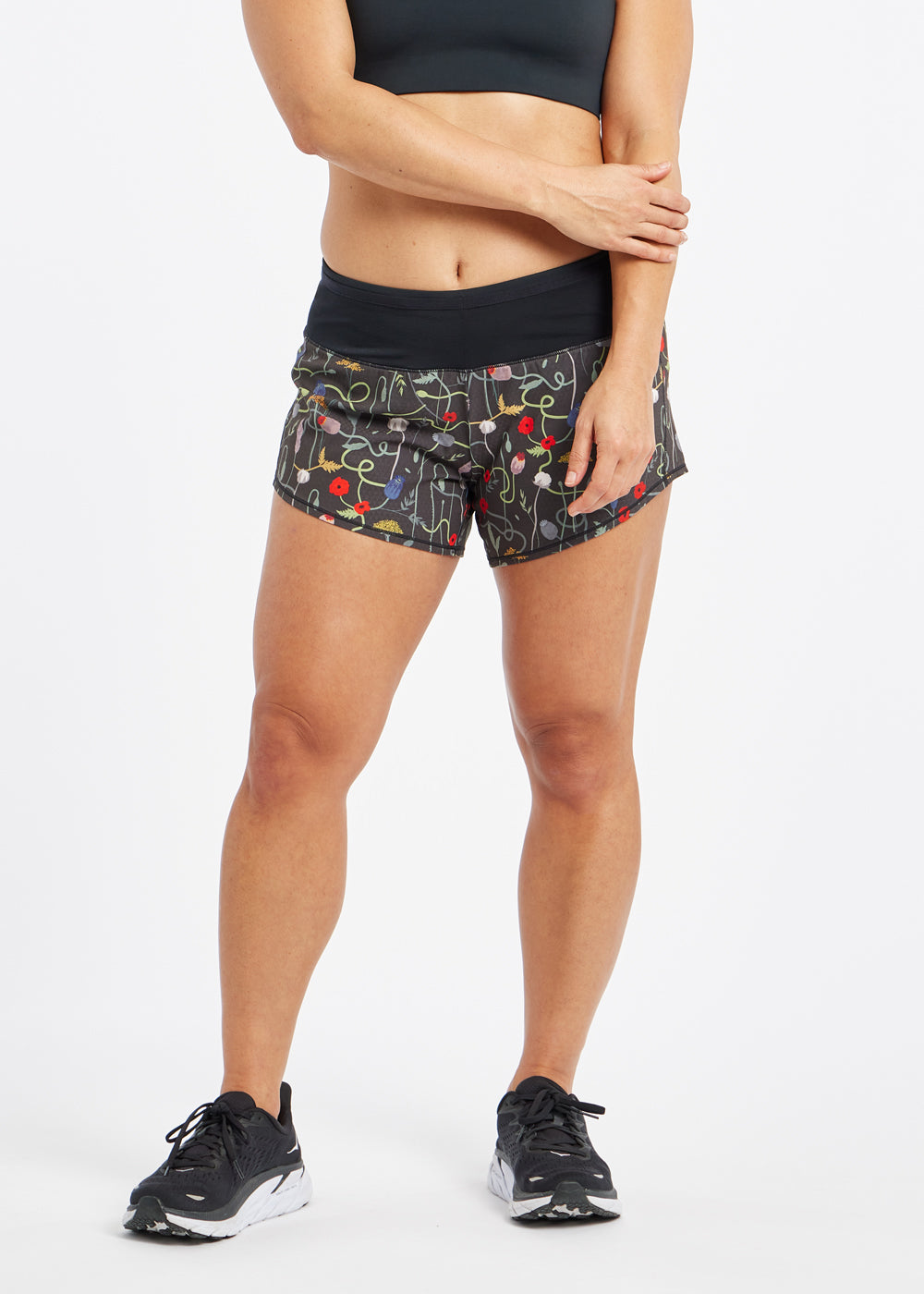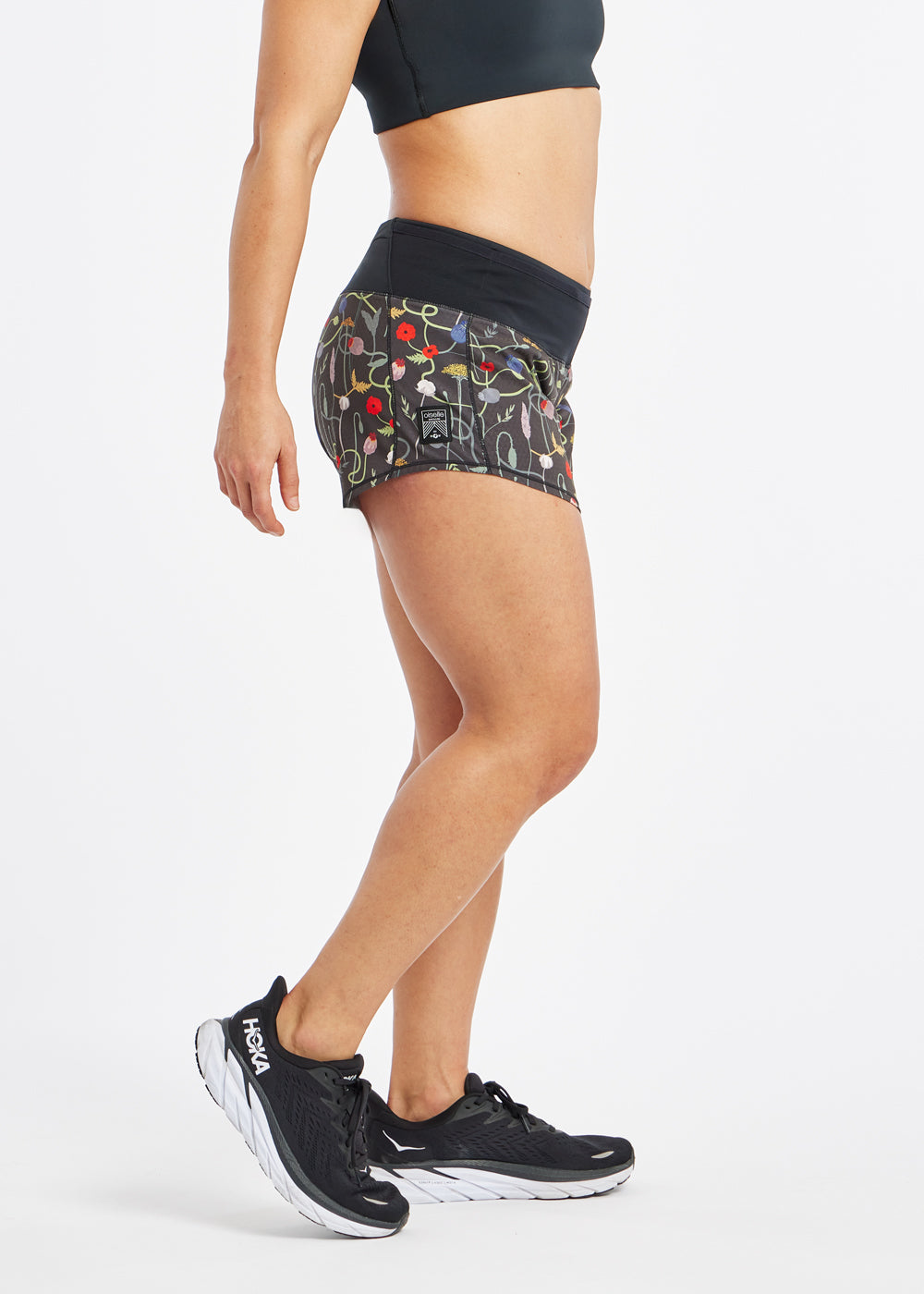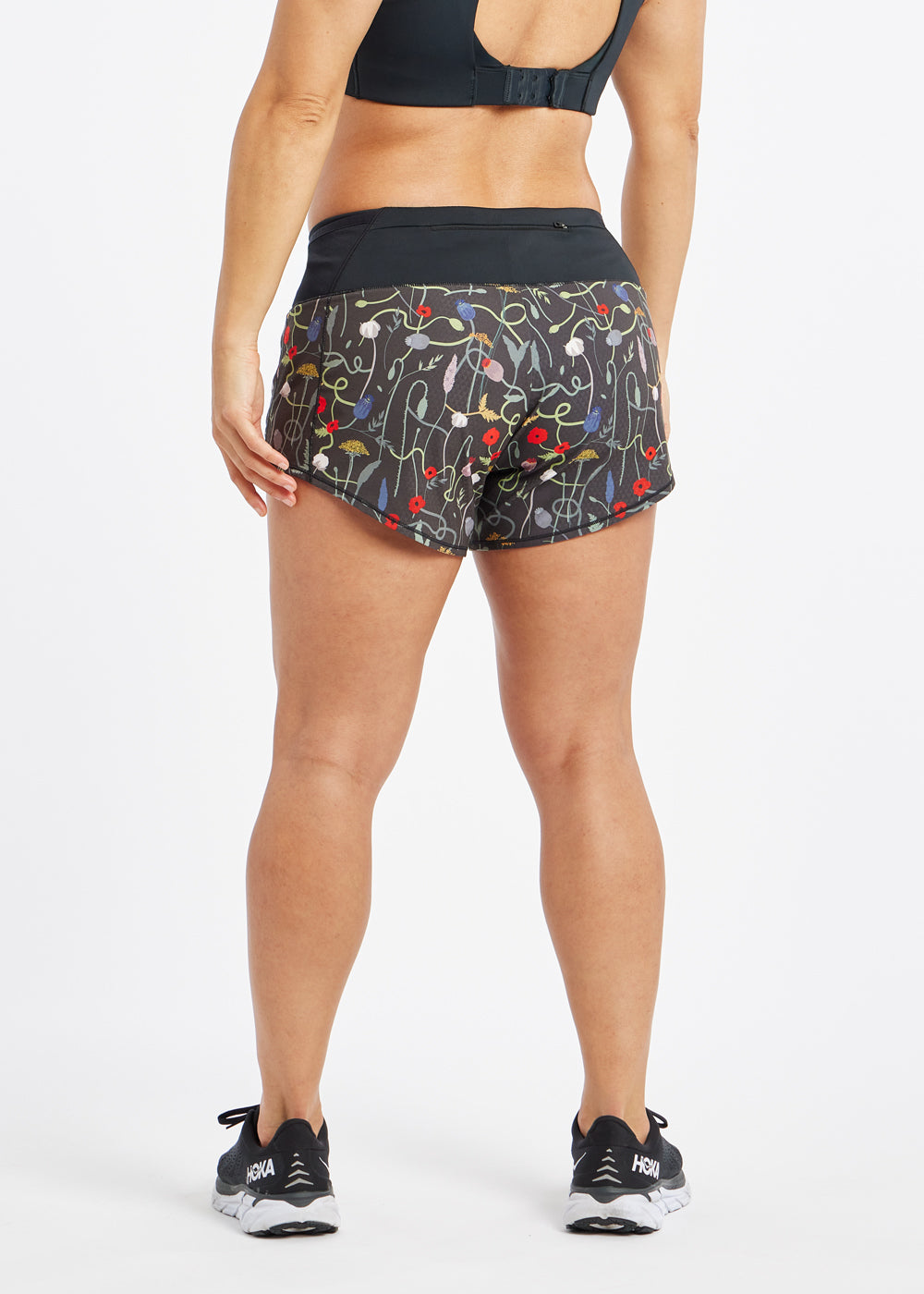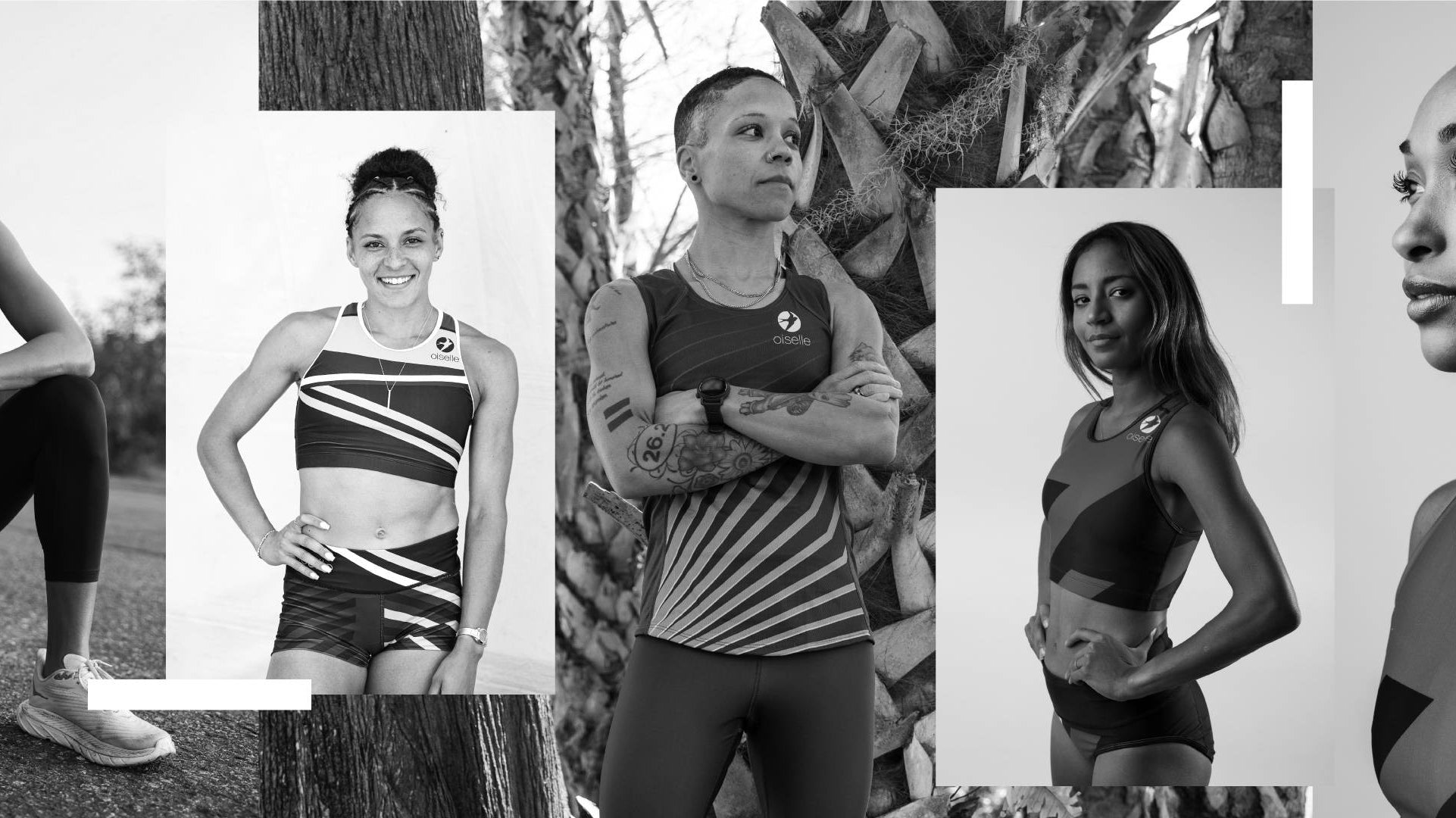|
By: Laura Hunter
Laura Hunter is a Registered Dietitian Nutritionist with a special love for athletics. As former University of Washington distance runner, Laura understands hard training and passion for competition at all levels! As a dietitian, Laura loves using whole foods as the perfect fuel for training and a happy life! Check out www.laurahunternutrition.com for more information or follow her on Facebook! |
As a sports dietitian, I frequently battle the mainstream media diets out there currently spreading the message that carbohydrates are bad for you, make you fat, make you sick…This false information is astounding! I hope this post give you a better idea of the value of carbohydrates and how to get what you need to perform at your best!
Why do carbs rock? This is the BEST form of energy for working muscles. While your body can use fat and protein for energy if necessary, the energy in these nutrients is not as readily available as carbohydrate fuel. Furthermore, non-carb fuel does not give you the muscle strength or endurance that a “full tank” of glycogen, the storage form of carbohydrates in the muscles, does. Anyone who has felt the dreaded “bonk” during a race or workout knows a little what it is like to be carb depleted.
How many carbs do I need? Carb need depends on training level and intensity. For moderate exercisers (one hour per day) you need 2.5-3g/pound of ideal body weight for training energy. As the intensity and duration goes up, more carbs are needed (up to 5-6g/pound for extreme endurance athletes). For example, a 130lb moderate exerciser needs ~325-390g of carbohydrates during the day. Spread out over the day, this means you can have about 80-100g of carbs at three meals, a couple of carb filled snacks, and some carbs during training.
What carbs do I choose? This question has a two-part answer, depending on if you are training or not. In general, I recommend getting carb fuel from whole grains, breads, pastas, fruits, vegetables, and dairy. The key here is looking for whole food sources, not carb-filled junk foods. The reason that carbohydrates have gotten such a bad rap is that when people think of carbs, they think of junk foods like cake, chips, pastries … all of which generally come with a good dose of fat and calories. Whole foods will contain quality complex carbohydrates and are generally lower in fat and calories if prepared right than processed foods. Whole carb foods also bring along vitamins, minerals, and other food compounds that will keep you healthy and help avoid chronic disease and injury. These foods will nourish your body and fuel your muscles to help recover between training sessions.
Another important point to make is that these meals should be spread out over the day. Often I find people skimp on fuel early during the day to “save food for later” or are cutting calories for weight loss. This can lead to poorly fueled muscles and promote overeating later in the day. For improved energy, I recommend increasing intake earlier in the day and eating every 3-4 hours during the day.
For training, I recommend having a well-tolerated arsenal of simple carbohydrate products (sports gels, drinks, etc). These simple sugars are easy to absorb before, during, and after a workout. They can also help to spare the use of your stored glycogen energy (which is very appreciated at the end long run or race) and help speed up refueling of your glycogen post-workout (so you can be ready for the next training session). If you plan to exercise more than one hour, consider some supplemental carbohydrates such as sports drinks, shots, blocks, etc. I have even had some clients fuel with jello, pretzels, and puréed baby fruits. The important point here is that you experiment with some fuels to see what your stomach tolerates, and consider some variety to prevent getting bored with the same product. The goal repletion rate is 8-15g per 15-20 minutes.
After exercise, the best time to refuel is within the first 30 minutes after a workout with a ratio of 4g carb:1g protein. Interestingly, one of the best refueling foods out there is low-fat chocolate milk.
But what if I want to lose weight? This is another issue that I commonly talk through with clients. When trying to reduce weight while training, I recommend decreasing total calories by 10-20%. Continue to fuel well with quality carbs to avoid burnout, binges, and just feeling like crap.
What if I don’t eat gluten? Luckily, there are so many carb options that can fit into a gluten-free lifestyle. Some gluten free grains include rice, quinoa, amaranth, millet, and corn. Focusing on starchy vegetables such as potatoes, corn, peas, beets, and dairy as well as high carb fruits such as mango and banana can also help meet your carb needs. If you need a good sports bar that meets these criteria, try the wonderful Picky Bars.
The challenge: If you still aren’t convinced, then my challenge to you is to try increasing your carb intake for a week or two. Most of my clients report they feel like superstars!
Happy training!
Laura Hunter, MS, RD, CD


































































































































































